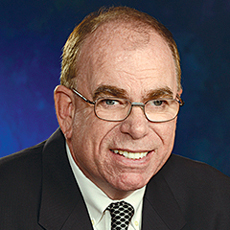
It’s pretty clear that a life in long-term care is not for the faint of heart.
Success in this field requires commitment, toughness, compassion and above all, a willingness to serve. Strong faith and a good head for business don’t hurt, either.
It’s my view that most in this sector are good people who want to make a positive difference in the lives of others. Or at least that’s how most people in this sector started out.
Unfortunately, more than a few seem to have taken a hit to their moral compass along the way. The singular and/or cumulative effects of fear, greed, temptation, fatigue and other compromise catalysts exist throughout the sector. Not that they are always visible. As a general rule, clouded moral judgments, dubious money grabs, compromised values and hindsight justifications prefer to lurk in dark corners.
To be sure, taking an off ramp on the road to an ethical career is not just a challenge for those in this field. But it is particularly worrisome in long-term care. And more than a bit ironic. After all, the real “why” in eldercare is to help others do better. Breaking rules or selling out hardly aids that noble purpose.
Look, we all have our scars. So there’s no point in going all Church Lady over this. What might be more useful is a little help. And I think I may have stumbled upon some in a HBR article called “Building an Ethical Career.”
So how do we keep our careers out of a moral ditch? The authors recommend a mindset shift set to what they term moral humility. In a nutshell, that’s acknowledging that we need to be vigilant, lest we commit ethical transgressions. They also suggest that we prepare ahead of time for possible moral challenges, make good choices when the rubber is hitting the proverbial road, and learn from the good or bad decisions we’ve made at crunch time.
The article may not upgrade your community’s value. But it just might improve something far more important — yours.
John O’Connor is McKnight’s Editorial Director.




